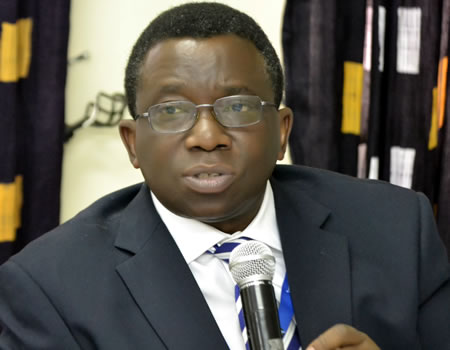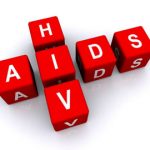The Minister of State for Health, Dr Osagie Ehanire, has lamented the poor condition of Reproductive,Maternal, Neonatal, Child and Adolescent Health as well as Nutrition (RMNCAH+N)in the country.
Ehanire, who spoke at the Nigeria Service Delivery Innovation Challenge Showcase in Support of the Global Financing Facility for Every Woman, Every Child, in Abuja, regretted that Nigeria’s RMNCAH and nutrition indices were still poor, “despite the unprecedented and considerable progress made in the last decades.”
Beside the fact that Nigeria’s RMNCAH and nutrition indices are still poor, the minister pointed out that both economic and geographic disparities persisted.
He regretted that under-nutrition had continued to hamper the attainment of national development goals with 37 per cent of children under fiver years of age stunted.
The Minister stated that in the North East the Boko Haram insurgency had been particularly devastating with regards to RMNCAH results and had also resulted to an estimated 2.1 million internally displaced and refugees Nigerians; while health systems had been ravaged and healthcare services severely disrupted.
This, according to him, underscored why addressing the urgent RMNCAH and nutrition needs of affected populations was a key priority of the present administration.
The minister said the sector urgently needed responsive, cost-efficient services delivery approaches to restore the provision of basic health services to the affected populations, while focusing on rebuilding health systems and restoring normal communal life.
However, the World Bank representative at the event, Dr Oluwole Odutolu, who is a Senior Health Specialist, World Bank, said $40 million was available for Nigeria from the Global Facility Financing (GFF).
Out of this amount, he pointed out that $20 million had been approved for the country to address the Reproductive Maternal Neonatal Child and Adolescent Health (RMNCAH) issues in the North East.
According to him, this was to mitigate the horrible effect of Boko Haram destruction of the health system in that region.
He explained that the approved $20 million was already programmed as a grant within the additional financing for health investment project for the North East.
The World Bank Specialist said Nigeria platform is actively working towards fulfilling the requirement for accessing the funds.
Dr. Odutolu pointed out that the World Bank remains committed to supporting the processes that will lead to accessing the GFF funds and the improvement of the health of every woman, every adolescent and every child.






